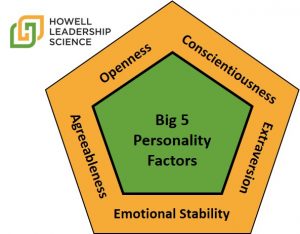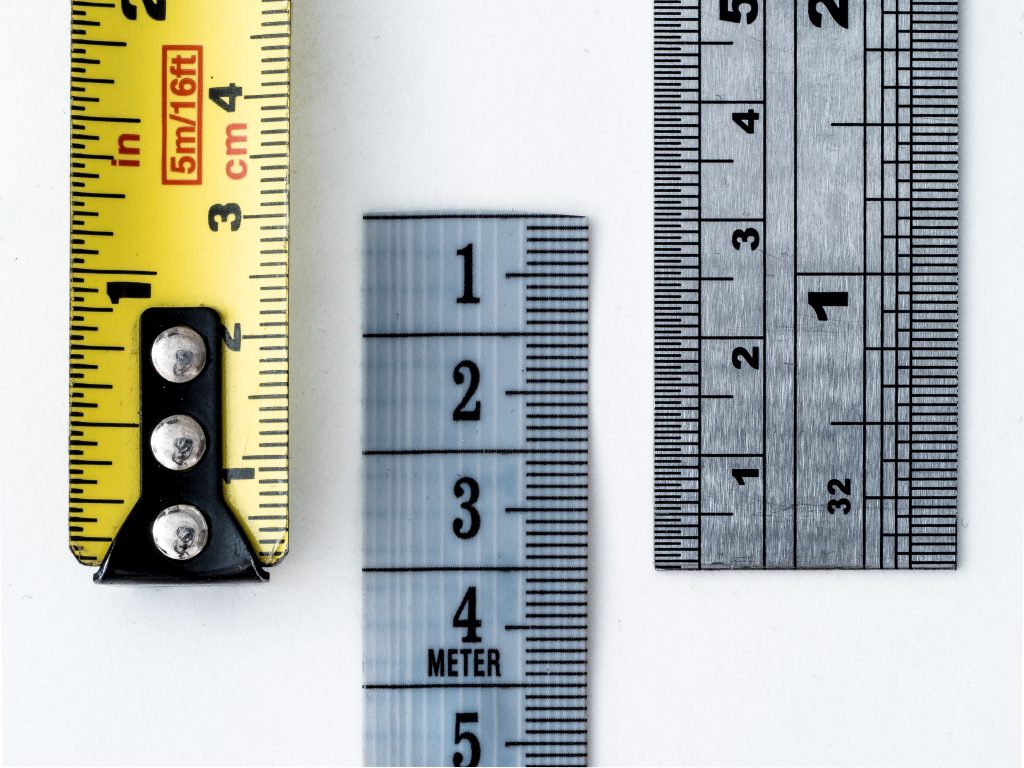Examining the research between the Big 5 personality traits and the job

Is your job the right fit for you? Are you in the right job for your personality? How does job fit affect your career?
These are complex questions. Your fit for a job depends on many factors including your skills, work style, life status, career ambitions and co-workers.
Another element that can influence your fit with your job is your personality.
This article looks at research explaining how certain personality traits interact with certain types of job situations.
Using the research as a guide, ask yourself the important career and job questions at the end of the article.
About the personality research
In 2015, Judge and Zapata published research in the Academy of Management Journal looking at how the employee’s personality interacts with the job situation.
By investigating how the job interacted with the employee’s personality, the researchers could determine the impact on performance.
This study incorporated data from 125 other research studies involving the Big 5 personality model. With data from so many studies, this research should provide some truths about personality and jobs that you can use to guide your own career.
Key concepts – personality and the job

This research covered a few key concepts about the employee and about the job.
For the employees, it focused on personality using the Big 5 personality factors – openness to experience, conscientiousness, extraversion, agreeableness and emotional stability. Click here for definitions of the five factors.
The research considered jobs in terms of how much structure and process was involved. Some jobs tightly control activity at work, and other jobs allow more freedom and flexibility.
Research questions

- Do employee personalities influence how well they perform a job?
- Does it depend on the type of job and how it is structured?
- What elements of a job make a difference in job performance?
- What impact do specific traits from the Big 5 model have on different types of jobs?
Research Findings
General findings: personality and jobs do interact to affect performance
Finding 1: The job itself influences what impact personality will have on job performance. Specifically, jobs with a lot of structure and process limit the impact of individual personality. Jobs with less structure allow freedom for individual personality to be displayed.
Finding 2: Some jobs trigger, and benefit from, certain personality characteristics. The nature of some jobs are a better match for people with certain personality characteristics. For example, jobs that routinely deal with difficult customers are a good match for people with high levels of emotional stability and agreeableness, because they build relationships more easily.
Specific Big 5 findings
Finding 5: Conscientiousness predicts performance in jobs with a lot of independence. In these roles, conscientiousness keeps the employee focused even though the job provides less external control.
Finding 6: Emotional stability proved to predict job performance in jobs requiring lots of social skills and dealing with difficult people. Employees who tend to stay calm can weather the storm of emotions that comes from dealing with cranky customers.
Finding 7: Extraversion predicts job performance in jobs that require social skills, competition and dealing with difficult people. Extraverted people get energized around other people which helps them perform well in people-focused jobs and competitive jobs.
Finding 8: Agreeableness predicts job performance in jobs requiring social skills and dealing with difficult people. And negatively correlates with jobs requiring competition. Being friendly and easy-going allows employees to work harmoniously with other people, and they don’t want to compete.
Finding 9: Openness to experience relates to job performance for jobs requiring independence and creativity. People who are curious and love exploration and beauty thrive in creative jobs.
Using this Research for your own career
Consider your personality

Think about yourself and how you rate on the Big 5 personality traits (review this article for definitions). If desired, you can search for an assessment that can help.
For each of the Big 5, rate yourself as high, low or average in the trait.
- Openness to experience
- Conscientiousness
- Extraversion
- Agreeableness
- Emotional stability
Questions about your current job
- What is the situation with my current job?
- Does my job have a lot of structure and process?
- Do I have very little or a lot of freedom and flexibility?
- Is creativity needed and valued in my job?
- Do I interact with customers a lot?
Are you in the right job for your personality?
- Does my personality seem to fit my job situation?
- Am I working extra hard to change myself to be successful in this job?
- Do I feel overly restricted in some way?
- Am I happy with my day to day work?
- Am I happy with my career trajectory?
What next?
Personality provides one lens for considering your current job and your chosen career. Evaluate your own personality and current job.
Job fit. If you fit your job, great! You are on the right track and should be looking forward to future career moves.
Job mismatch. If there is a mismatch in your current job, you should think about the reason for the lack of fit. Is it your personality or something else? Is the mismatch a temporary one or will it follow you through your career path?
As you consider your career, you will need to balance your personality preferences for a job with other factors like your skills, job availability, and family needs.
Understanding personality can help you find success and happiness at work.
Related Information
Another Science of Working article, “Is it me or the Job? Research on personality at work” covered this research in more detail.
For definitions of the Big 5 Personality traits, check out the Science of Working article called “Measuring personality with the Big 5“.
You can check out the original research at:
T.A. Judge and C.P. Zapata (2015) “The person-situation debate revisited: Effect of situation strength and trait activation on the validity of the Big Five personality traits in predicting performance”, Academy of Management Journal, Vol 58, 4, 1149-1179. http://dx.doi.org/10.5465/amj.2010.0837
Researchers
Timothy A. Judge, University of Notre Dame
Cindy P. Zapata, Texas A&M University



